Outfitting a vehicle for both adventure and daily life requires thoughtful design and practical solutions. Upgrading 4WD interiors enhances organisation, durability, and comfort, while adding car drawers provides secure, accessible storage. Whether you’re packing for a weekend trip, transporting sports gear, or simply keeping your vehicle tidy, these improvements ensure your 4WD can handle both rugged conditions and everyday convenience. By prioritising functionality, comfort, and adaptability, your vehicle becomes more than just transport—it transforms into a versatile space ready for any scenario.
The first step in transforming your interior is to consider storage solutions. Standard vehicle compartments often fall short when it comes to off-road excursions or carrying specialised equipment. Modular car drawers can be customised to suit your lifestyle, allowing you to store tools, camping gear, or emergency supplies securely. By using drawers designed for heavy use, items remain in place even on rough terrain, reducing clutter and increasing accessibility. This kind of organisation not only improves efficiency but also prevents damage to both the interior and the items themselves.
Material choice is another critical aspect of a 4WD interior upgrade. Durable, easy-to-clean materials such as reinforced plastics, aluminium, and treated timber withstand the wear and tear of outdoor activities. Upholstery should be water-resistant and abrasion-tolerant, protecting seats and surfaces from mud, sand, and accidental spills. Attention to material quality ensures the interior maintains a fresh, functional appearance over time, regardless of how frequently the vehicle is used for off-road adventures.

Seating arrangements and comfort should also be considered. Adjustable and ergonomic seats provide support during long drives, while maintaining flexibility for passengers and cargo. Some interiors allow for removable or foldable seats, increasing storage capacity when needed. This adaptability makes it easy to switch between everyday commuting, weekend trips, and larger expeditions without compromising on comfort or space.
Lighting and accessibility are often overlooked but essential elements. Installing interior LED lighting in strategic locations, such as drawers, under seats, and around storage compartments, makes it easy to locate items quickly. Soft lighting options can create a comfortable ambience during travel, while bright task lighting helps during loading, unloading, or minor repairs. Combined with well-planned drawer layouts, proper lighting ensures that your 4WD interior is functional day and night.
Safety considerations should be integrated into any interior transformation. Secure mounting systems for drawers and cargo prevent movement during sudden stops or rough terrain, reducing the risk of injury. Non-slip surfaces, reinforced flooring, and protective mats can further enhance safety while making cleaning easier. Additionally, well-organised storage ensures that emergency supplies, such as first aid kits, fire extinguishers, and recovery equipment, are always easily accessible.
Technology integration can elevate both convenience and functionality. Incorporating charging ports, mounting solutions for devices, and dedicated spaces for communication tools or GPS devices can streamline travel. Integrating smart storage solutions for portable fridges, coolers, or water tanks allows for better resource management on extended trips. Although, the fully designed 4WD interior balances traditional practicality with modern convenience, supporting both adventure-focused and everyday use.
Climate and environment also play a role in interior design choices. Ventilation systems, sunshades, and insulated storage compartments help maintain comfort in varying conditions, from hot desert trails to chilly mountain mornings. Durable, moisture-resistant materials protect sensitive equipment and keep the interior safe from condensation or humidity. These considerations ensure the vehicle remains a reliable and comfortable space in any weather or terrain.
Customisation is where personal lifestyle and needs truly shape the vehicle. Whether you’re an outdoor enthusiast, a family commuter, or a professional requiring on-the-go storage, custom interior solutions allow for targeted upgrades. From modular drawers and secure storage to durable seating and integrated technology, every element can be tailored for maximum functionality and enjoyment. This flexibility allows your 4WD to serve multiple purposes without compromise, turning it into a vehicle that’s ready for adventure yet fully functional for daily life.
Regular maintenance and care of the interior extends its lifespan and preserves its functionality. Cleaning drawers, checking latches and mounting systems, and treating surfaces according to manufacturer recommendations helps prevent wear and tear. A well-maintained interior not only performs better but also retains value, making future upgrades or resale more practical.
In conclusion, transforming your 4WD interior combines practical storage, durable materials, comfort, and technology to create a versatile space suitable for adventure and everyday life. Car drawers and 4wd interiors form the foundation of this transformation, offering organisation, safety, and convenience. Thoughtful planning and customisation ensure that your vehicle adapts seamlessly to your lifestyle, whether you’re tackling rugged trails, transporting equipment, or navigating the daily commute. By investing in a well-designed interior, your 4WD becomes more than a vehicle—it becomes a trusted companion ready for any journey, challenge, or spontaneous adventure.







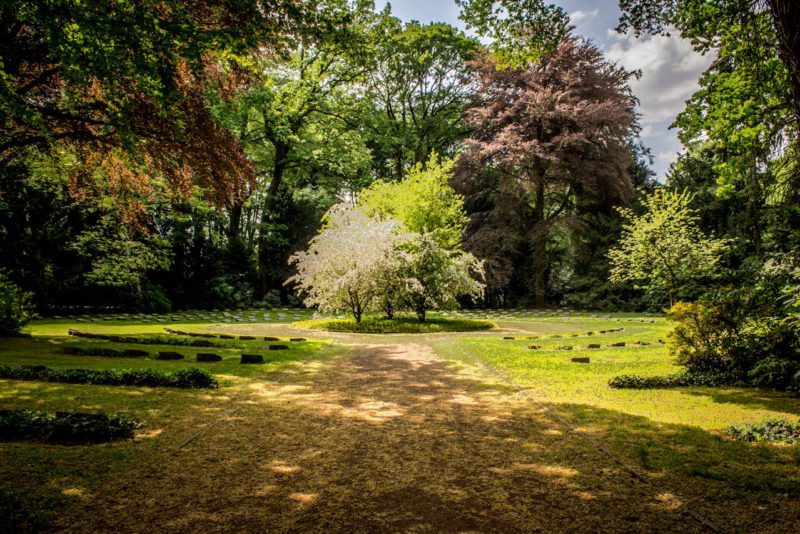
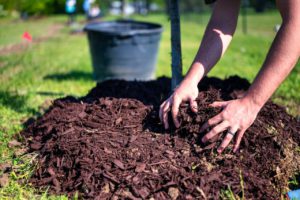
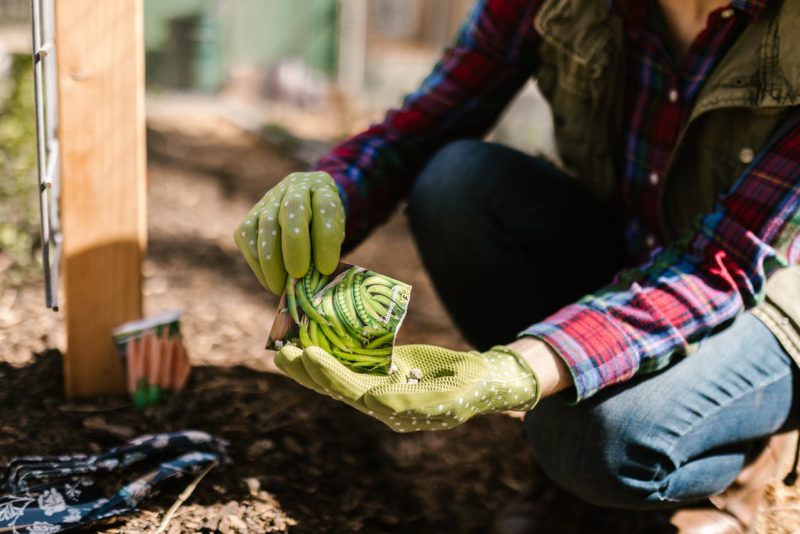



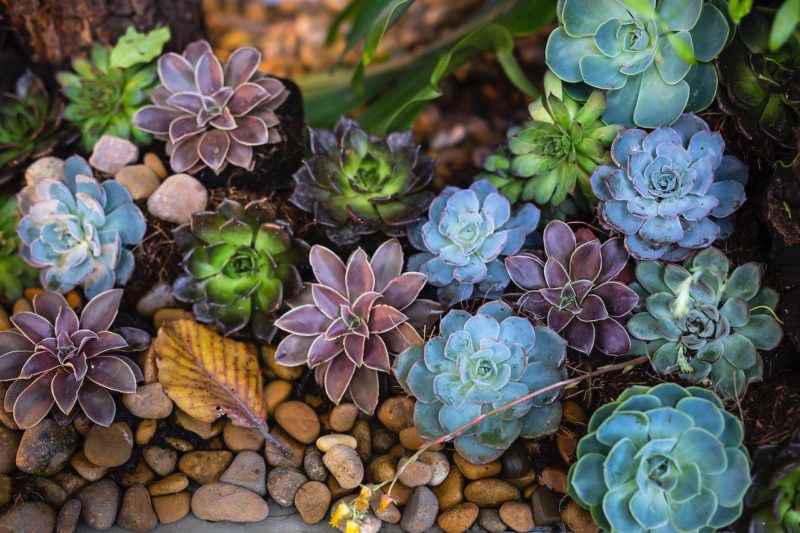


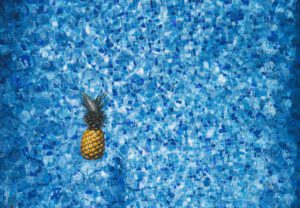















 Human error is sometimes unavoidable, but site mistakes can cost a small company dearly. To prevent website mistakes, allocate time to editing all page content correctly. Create spelling and grammar checking, and link-checking integral areas of the writing and publishing phases. In a world where newsrooms are decreasing, and editors have become more and more obsolete, it’s more important than ever to triple-check your site’s content.
Human error is sometimes unavoidable, but site mistakes can cost a small company dearly. To prevent website mistakes, allocate time to editing all page content correctly. Create spelling and grammar checking, and link-checking integral areas of the writing and publishing phases. In a world where newsrooms are decreasing, and editors have become more and more obsolete, it’s more important than ever to triple-check your site’s content.

 and lets users shell out money anonymously. The coins are made by users that “mine” them by giving computing ability to confirm other users’ transactions. They get Bitcoin’s in exchange. The coins can also be purchased and sold on exchanges using U.S. dollars and other currencies. There are other ways to earn coins,
and lets users shell out money anonymously. The coins are made by users that “mine” them by giving computing ability to confirm other users’ transactions. They get Bitcoin’s in exchange. The coins can also be purchased and sold on exchanges using U.S. dollars and other currencies. There are other ways to earn coins, 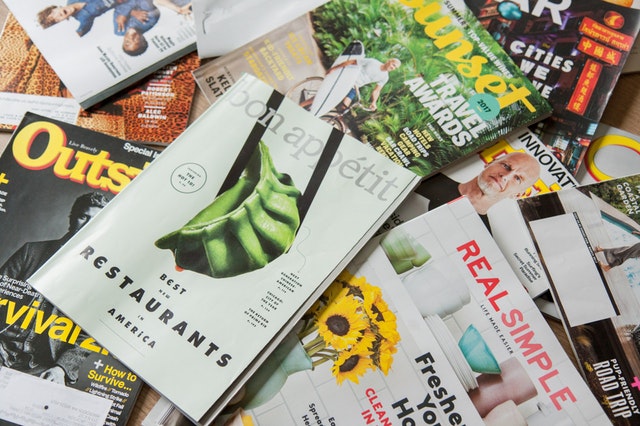 print media has diminished, due to advancement in technology. Many magazines, by way of instance, experienced negative subscriber growth in the second quarter of 2010, according to Media Bistro. With an array of free content available for those on the
print media has diminished, due to advancement in technology. Many magazines, by way of instance, experienced negative subscriber growth in the second quarter of 2010, according to Media Bistro. With an array of free content available for those on the  Initially, it appeared that food delivery might be a priority, together with Amazon’s former worldwide logistics senior supervisor, Brittain Ladd asserting that a separate “Amazon Fresh” site will be a part of this launch. But a recent survey of food providers by investment bank UBS revealed that Amazon has just been speaking to packed food and non-food supermarket providers, which suggests new food will not be part of the initial roll out.
Initially, it appeared that food delivery might be a priority, together with Amazon’s former worldwide logistics senior supervisor, Brittain Ladd asserting that a separate “Amazon Fresh” site will be a part of this launch. But a recent survey of food providers by investment bank UBS revealed that Amazon has just been speaking to packed food and non-food supermarket providers, which suggests new food will not be part of the initial roll out. Meanwhile, US$117 billion was spent online in the US last year and £133 billion was spent online in the United Kingdom.
Meanwhile, US$117 billion was spent online in the US last year and £133 billion was spent online in the United Kingdom. case. It could take some time to discover a new tenant for the warehouse, many months and maybe over a year. Conversely, finding a new tenant for your residential property may only take weeks. Furthermore, if the sole tenant of your warehouse must close because of tough economic conditions, you could face some hard times. On the other hand, residential property may be resilient when it comes to economic variables over the long run.
case. It could take some time to discover a new tenant for the warehouse, many months and maybe over a year. Conversely, finding a new tenant for your residential property may only take weeks. Furthermore, if the sole tenant of your warehouse must close because of tough economic conditions, you could face some hard times. On the other hand, residential property may be resilient when it comes to economic variables over the long run. Anyone who used the internet knows you will need to insert a web site address for to any site. A domain name is the address of your site. While it is very common for companies to have domain names which are exactly the same as their company names (for example, walmart.com), you can select a domain name to add any text phrase you want as long as it isn’t already taken.
Anyone who used the internet knows you will need to insert a web site address for to any site. A domain name is the address of your site. While it is very common for companies to have domain names which are exactly the same as their company names (for example, walmart.com), you can select a domain name to add any text phrase you want as long as it isn’t already taken. brains are naturally wired to feel that more is better.
brains are naturally wired to feel that more is better. They aren’t coaching their people to be polite – they see participation in the development of talent as an essential process for the success of the business. Most managers will tell you that they don’t have the opportunity to coach. However, time is not a problem if you believe training is a “must have” rather than a “nice to have.” Whether they’re competing for talent, working in an extremely turbulent market place, attempting to keep their budding leaders, or planning to cultivate their strong players, they understand that they have to make time to coach
They aren’t coaching their people to be polite – they see participation in the development of talent as an essential process for the success of the business. Most managers will tell you that they don’t have the opportunity to coach. However, time is not a problem if you believe training is a “must have” rather than a “nice to have.” Whether they’re competing for talent, working in an extremely turbulent market place, attempting to keep their budding leaders, or planning to cultivate their strong players, they understand that they have to make time to coach
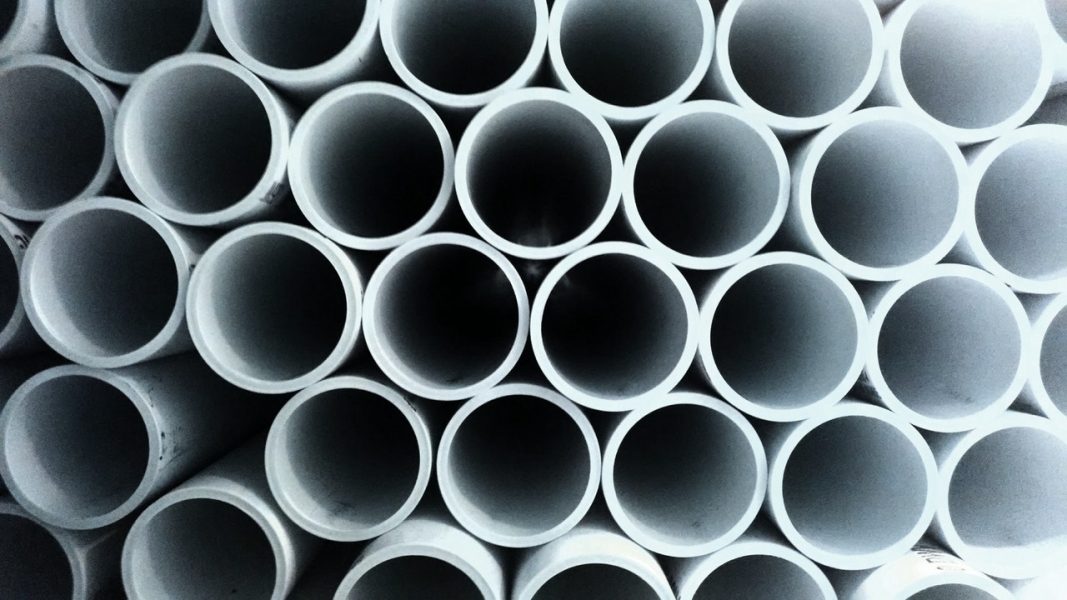 Qualify EVERYTHING in your letter when performing quotes.
Qualify EVERYTHING in your letter when performing quotes. Every contractor in the construction sector has probably used the Web for business at some point in time. Many contractors likely use the web to research projects, products, subcontractors, and/or keep in-the-know on business news. However, the Internet may also be helpful for business administration.
Every contractor in the construction sector has probably used the Web for business at some point in time. Many contractors likely use the web to research projects, products, subcontractors, and/or keep in-the-know on business news. However, the Internet may also be helpful for business administration. The study house argued that the station was in the best position to send solutions for clients but there had to be a move towards creating more than the tin and standard services approach. There is an appetite for a wider range of bundled offerings in the
The study house argued that the station was in the best position to send solutions for clients but there had to be a move towards creating more than the tin and standard services approach. There is an appetite for a wider range of bundled offerings in the  As I travelled to Vienna just recently I was familiar with the start-up scene a bit. In the last week I was there alone, there had been at least 19 tech meetups in the city.
As I travelled to Vienna just recently I was familiar with the start-up scene a bit. In the last week I was there alone, there had been at least 19 tech meetups in the city. 
 If you run a small company or start-up business, then owning your very own work space might be a novelty you cannot yet manage. Lots of other innovators are experiencing this obstacle, which is why renting a co-working area is ending up being significantly more typical. In fact, the variety of co-working areas is anticipated to
If you run a small company or start-up business, then owning your very own work space might be a novelty you cannot yet manage. Lots of other innovators are experiencing this obstacle, which is why renting a co-working area is ending up being significantly more typical. In fact, the variety of co-working areas is anticipated to 
 When it pertains to a commercial business space, there are lots of elements that have to be considered when it comes to making on-site enhancements. Staff member security, along with their happiness, needs to constantly be of prime importance. Because of this, a growing number of companies are making it a high concern to carry out various modifications in
When it pertains to a commercial business space, there are lots of elements that have to be considered when it comes to making on-site enhancements. Staff member security, along with their happiness, needs to constantly be of prime importance. Because of this, a growing number of companies are making it a high concern to carry out various modifications in